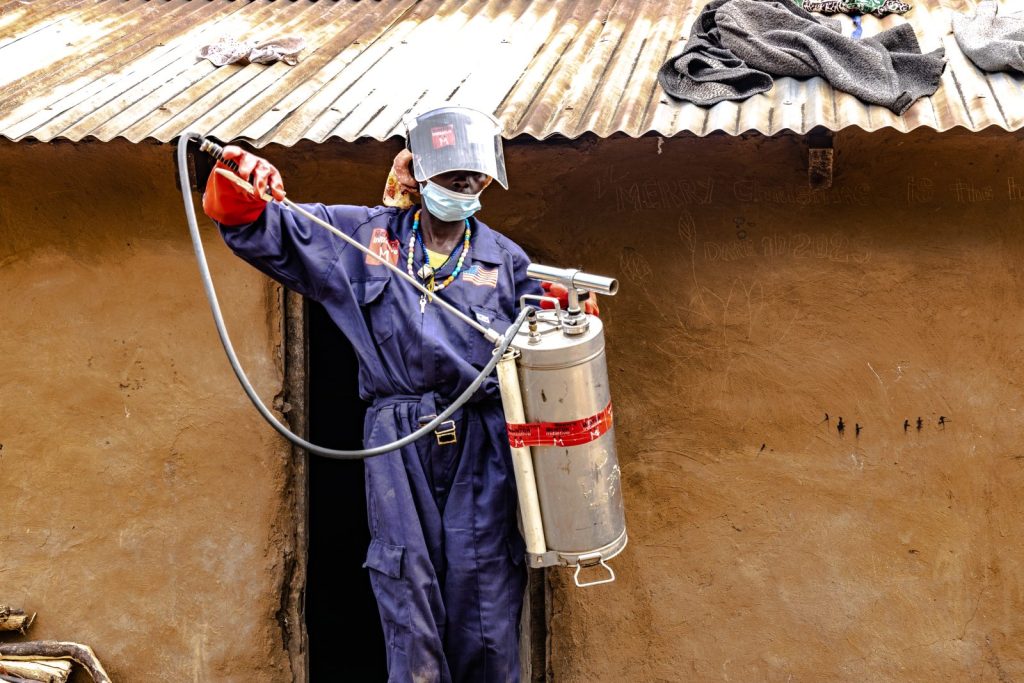South Sudan faces a severe humanitarian crisis caused by conflict, climate shocks, economic instability, and public health challenges. Floods, droughts, and extreme heat have devastated livelihoods and displaced communities. Intercommunal violence and the influx of over 900,000 people fleeing Sudan have overwhelmed infrastructure and services. Health systems are fragile, with limited access to care and rising disease outbreaks. Food insecurity, lack of clean water, and inadequate shelter persist. Women and girls face heightened protection risks.
Malaria remains the leading cause of morbidity and mortality accounting for 66.8% of outpatient consultations, 30% of hospital admissions, and approximately 50% of reported deaths. In 2024 alone, 2.7 million suspected cases and 1,800 deaths
were reported1. Years of flooding have expanded mosquito breeding grounds, intensifying transmission. Limited access to healthcare, poor nutrition, and low immunisation coverage worsen the situation.
The country also faces risks from other vector-borne and Neglected Tropical Diseases, with 19 of 20 such diseases present. Strengthening disease surveillance, expanding access to treatment, and improving sanitation are critical to reducing the burden of these preventable illnesses.
In 2012, MENTOR began working in South Sudan in response to the high number of Sudanese refugees that fled the conflict in South Kordofan and Blue Nile, establishing a malaria control programme in Maban County where many thousands of refugees had fled to and formed several camps. Since then, vector control efforts together with community health activities supporting community health workers, supply chain, health facilities were expanded in other humanitarian settings such as Jamjang, Bentiu, Malakal, Renk and Northern Bahr el-Ghazal.
MENTOR also implemented a Water, Sanitation and Hygiene programme in Eastern Equatoria based on latrine and borehole rehabilitation, borehole solarisation, Community-Led Total Sanitation, school hygiene clubs, and hand pump mechanic associations. Neglected Tropical Diseases are highly endemic in South Sudan. Since 2017, MENTOR supported the Ministry of Health in the delivery of Mass Drug Administration campaigns for the prevention and elimination of lymphatic filariasis and onchocerciasis (river blindness). Technical and logistical support has been provided across all levels of the health system, fostering capacity building, knowledge transfer, and local ownership.
Operational research and the implementation of innovative tools such as SC Johnson’s Guardian Spatial Repellent, used for the first time at scale in a humanitarian setting, have improved strategies to ensure that new methods protect as many people as possible

